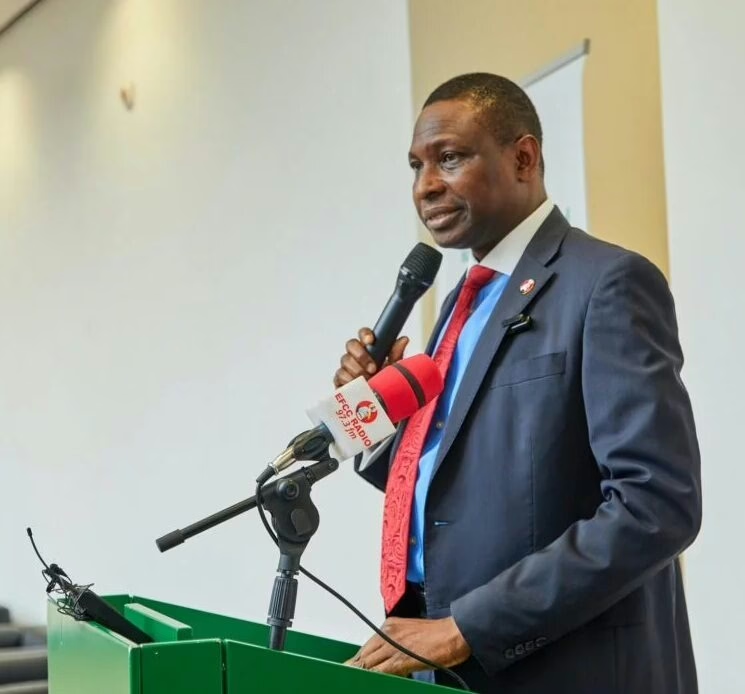The Economic and Financial Crimes Commission (EFCC) has expressed serious concerns over the escalating incidents of internet fraud, commonly associated with individuals known as ‘yahoo boys,’ which are contributing to tighter visa regulations for law-abiding Nigerian travelers abroad.
EFCC Chairman Ola Olukoyede emphasized that these fraudulent activities not only jeopardize the futures of those involved but also damage Nigeria’s global standing, resulting in more stringent travel restrictions for innocent citizens.
Speaking through Chief Superintendent CSE Coker Oyegunle at a gathering organized by the Coalition of Nigerian Youth on Security and Safety Affairs in Port Harcourt, Rivers State, Olukoyede’s message highlighted the broader implications of cybercrime. The commission released a statement on Tuesday detailing these concerns.
The EFCC outlined that “internet fraud, money laundering, and economic sabotage drain billions of naira from Nigeria’s economy each year, stalling national development and depriving citizens of essential infrastructure, employment, and growth opportunities. Beyond the financial toll, these crimes tarnish Nigeria’s reputation internationally, leading to harsher visa policies for genuine Nigerian travelers.”
Olukoyede urged young Nigerians to avoid the temptation of quick gains through fraudulent means, encouraging them instead to invest their talents in constructive fields such as digital technology, entrepreneurship, agriculture, and the creative arts.
He stated, “Engaging in fraud is not a path to success; it is a dead end. What is gained easily is lost just as quickly. Many who pursue ‘yahoo-yahoo’ end up sacrificing their freedom, credibility, and future prospects. The law enforcement agencies are closing in, and digital traces are permanent. Don’t ruin your future by taking shortcuts today.”
The EFCC leader reiterated the commission’s dedication to enhancing public awareness, strengthening enforcement efforts, and partnering with communities to combat cybercrime and related offenses.
At the same event, Mathew Ewah, representing the National Drug Law Enforcement Agency (NDLEA), identified drug abuse as a critical threat to Nigerian youth, while officials from the Nigeria Security and Civil Defence Corps (NSCDC) issued warnings about pipeline vandalism in the South-South region.
Recently, the EFCC has intensified its crackdown on cybercriminal activities nationwide. In August, the Lagos Zonal Directorate 1 arrested 38 suspected internet fraudsters at Mambillah Hotel, Ikorodu, following extensive surveillance. Confiscated items included vehicles, mobile devices, and substances believed to be narcotics.
Similarly, the Benin Zonal Directorate secured convictions for 12 individuals, including two siblings, who pleaded guilty to charges related to advance fee fraud, possession of forged documents, and retention of criminal proceeds. Justice M. Itsueli of the Edo State High Court handed down the sentences.
This EFCC alert coincides with recent U.S. visa policy changes affecting Nigerians. In July, the United States revised its visa reciprocity framework, reducing the validity of certain non-immigrant visas to three months and limiting them to single-entry use. This adjustment impacts B1/B2 visas for business and tourism, as well as F and J visas for students and exchange visitors.






















